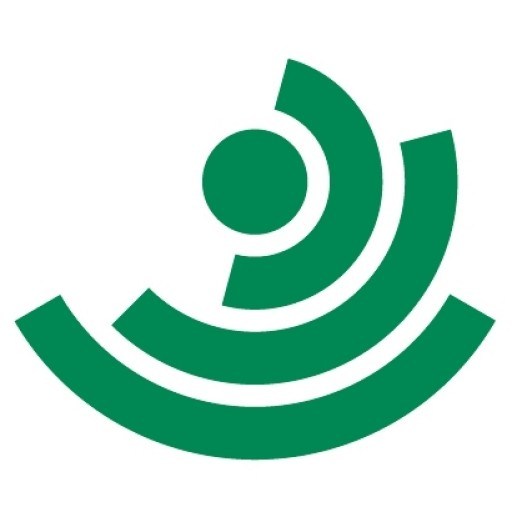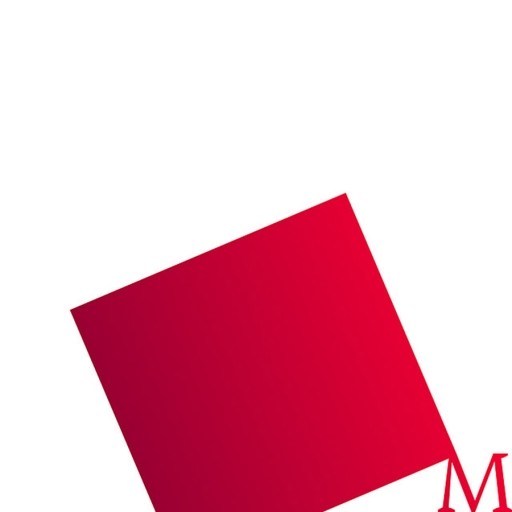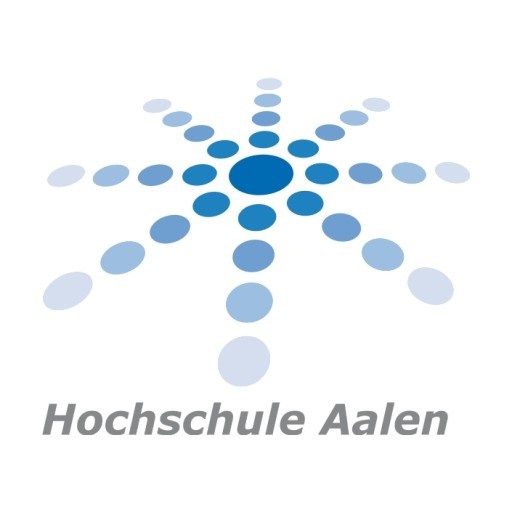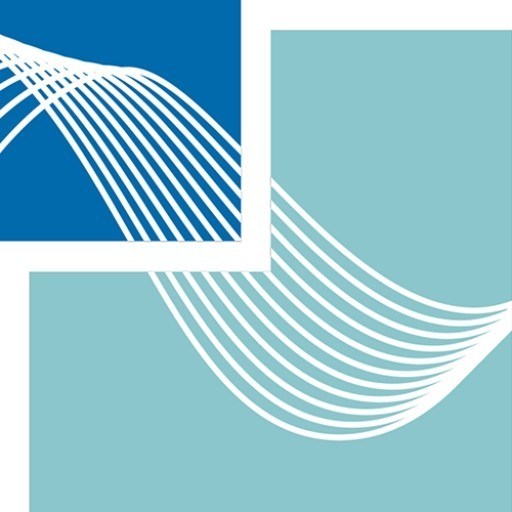Photos of university / #hs.furtwangen
The Bachelor’s degree program in Medical Diagnostic Technologies at Furtwangen University is designed to prepare students for a dynamic and essential field within the healthcare sector. This interdisciplinary program combines fundamental knowledge of medical sciences, engineering, and information technology to equip graduates with the skills necessary to develop, operate, and manage advanced diagnostic devices and systems used in modern medical environments. Throughout the course of study, students will gain a comprehensive understanding of human anatomy, physiology, and pathology, alongside technical expertise in imaging and diagnostic technologies such as ultrasound, MRI, X-ray, and laboratory diagnostics. The program emphasizes practical training through laboratory work, internships, and project-based learning, enabling students to apply theoretical concepts in real-world settings. Furthermore, the curriculum covers important areas such as data analysis, medical signal processing, and the implementation of medical informatics, ensuring graduates are prepared to handle complex diagnostic data and contribute to innovative healthcare solutions. Furtwangen University's focus on research and practical application allows students to work closely with industry partners, fostering collaboration and providing valuable networking opportunities. Graduates of this program are well-positioned for careers in hospitals, medical device companies, research institutions, and healthcare technology startups. They will possess the technical expertise, problem-solving abilities, and interdisciplinary understanding necessary to support the development, maintenance, and improvement of medical diagnostic devices and systems. With healthcare continuously evolving and increasing reliance on technological innovations, graduates from this program will play a vital role in enhancing diagnostic accuracy, improving patient outcomes, and advancing medical science. The program aligns with current industry standards and prepares students for professional certifications and continuing education, ensuring lifelong career development in this critical sector of healthcare.
Educational organisation
In the first semester, the basics of applied medical diagnostics are taught in theory and practice. Building on these basics, in the second semester students focus on individual areas of interest by taking an elective module. Here particular importance is placed on independent research based on solid scientific principles. In the third and final semester, the Master's thesis is written, providing the opportunity for the development and/or application of their own application or research-based ideas.Medical diagnostics profits from new findings and technologies deriving from the classic natural sciences on a continual basis. These often lead to faster results and more successful treatment in established natural science technologies including the field of medicine. The Medical Diagnostic Technologies study programme was thus designed to meet the demand for experts in the field of molecular diagnostics.
Some of the topics dealt with are new high-throughput methods, personalised medicine (e.g. biomarkers in diagnostics and prognostics), transcriptomics, proteomics and metabolomics.
Detailed information on course content can be found on the programme's website.
A research project on a current topic carried out in the second semester introduces students to independent scientific work and analytical thinking.
Study abroad unit(s)
NoneInternships
A research project of at least four weeks on a current topic carried out in the second semester introduces students to independent scientific work and analytical thinking.Forms of assessment
Each of the modules in the Master's programme concludes with an exam. Exams include multiple choice questions, essay questions, oral presentations and written reports. The overall grade is a combination of the module grades and the grade of the Master's thesis.Course objectives
Learning outcomes- Broad knowledge in the fields of medicine and natural sciences as well as in the technologies used in these disciplines, particularly in molecular analysis
- Preparation of validated data for medical doctors
- Ability to collect, critically analyse and present complex data
- Ability to evaluate and take into account any social, scientific and ethical consequences of findings, decisions and developments
- Ability to learn independently how to use new technologies
Interdisciplinary learning outcomes
- Ability to work in teams, especially in multidisciplinary work and research groups
- Ability to make sound scientific decisions independently in the light of any social, scientific and ethical consequences
Career qualifications
- Outstanding professional qualifications - graduates are qualified to work in a variety of fields
- Multidisciplinary training at the interface of medicine, the natural sciences and technology, closing the gap between these disciplines
- Project and/or team leadership skills
Language requirements
Applicants must provide proof of their German and English skills.German: CEFR A2 or equivalent
English: CEFR B2 or equivalent








